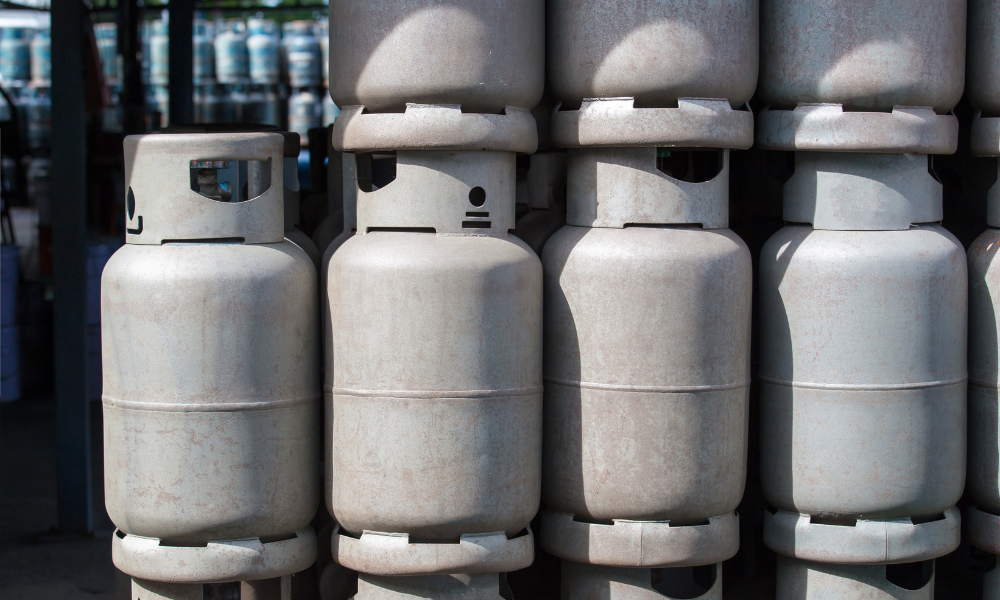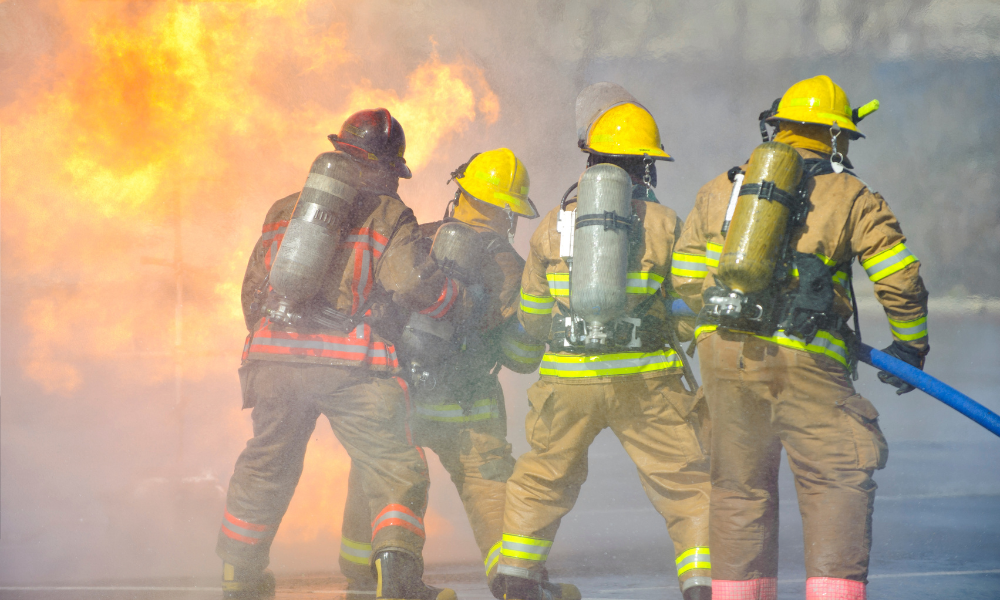Regulator says economic pressures leading to 'incidents like carbon monoxide exposure, electrical shocks, or fires'

Technical Safety BC is warning growing efforts to save money are putting workers and the public at increased risk, as outlined in its 2024 State of Safety report. The report highlights a disturbing trend: organizations and individuals opting for short-term savings at the expense of long-term safety — a practice president and lead executive officer Phil Gothe calls a “false economy” or the “grey market.”
“We are seeing it in folks not hiring licensed contractors. They’re not working with people who have all the right qualifications,” says Gothe. “That’s resulting in incidents like carbon monoxide exposure, electrical shocks, or fires.”
The report underscores how financial pressures are leading to deferred maintenance, use of uncertified parts, and the hiring of unqualified personnel — practices that may reduce immediate costs but increase the likelihood of serious safety incidents.
Key incidents reflect broader pattern
Among the most concerning incidents detailed in the report:
- Two workers were injured by an ammonia leak at a food processing facility after a deteriorated auto-purger failed. The equipment was far past its service life.
- At an adventure zipline course, a rider struck a rolling metal staircase after staff failed to move it between runs. Technical Safety BC investigators linked the error to mental fatigue and understaffing.
- A worker suffered electrical burns while upgrading lighting at a retail store, performing live work without de-energizing equipment or using proper PPE.
In each case, the root causes tie back to underinvestment in qualified labour, training, and equipment upkeep. “When equipment fails or has an incident, the cost of that failure is much higher. It’s also creating undue risk and hazard to people,” says Gothe.
Grey market work remains a persistent risk
In 2024 alone, Technical Safety BC conducted more than 1,200 investigations into suspected grey market activities.
Common violations included:
- Performing work outside licensed technologies
- Working without proper permits
- Advertising regulated work without required licences
Gothe emphasizes the need for a balanced approach combining education, communication, and enforcement. “We do a lot of public awareness campaigns. We post YouTube videos, run radio ads, and share incident learnings,” he said. “But we also have powers of enforcement, and we are more and more using information to target our enforcement.”
Building a safer system through data and culture
In 2024, Technical Safety BC:
- Issued 113,472 active operating permits and 129,595 installation permits
- Completed 49,705 assessments, identifying 4,488 hazards
- Found that 1,069 electrical permits required amendments due to incorrect job values or installations
The organization continues to improve how it uses data to identify patterns among contractors and equipment operators. “There’s a bell curve of operators — some are by the book, some not so much. We’re trying to move them toward better behaviour,” says Gothe.
National implications
Though the report is specific to BC, Gothe believes these issues are national in scope. “I suspect this is a very real condition throughout the country,” he says. “We share notes with other regulators, and I know many are seeing the same issues.”
Gothe’s message to safety professionals and the public is clear: be vigilant, invest in qualified personnel, and resist the temptation to cut corners. “If you get any unusually low prices quoted to you, I would be appropriately suspect,” he says. “Use licensed contractors. That’s the surest way to ensure your work is being done properly and without undue hazard.”





